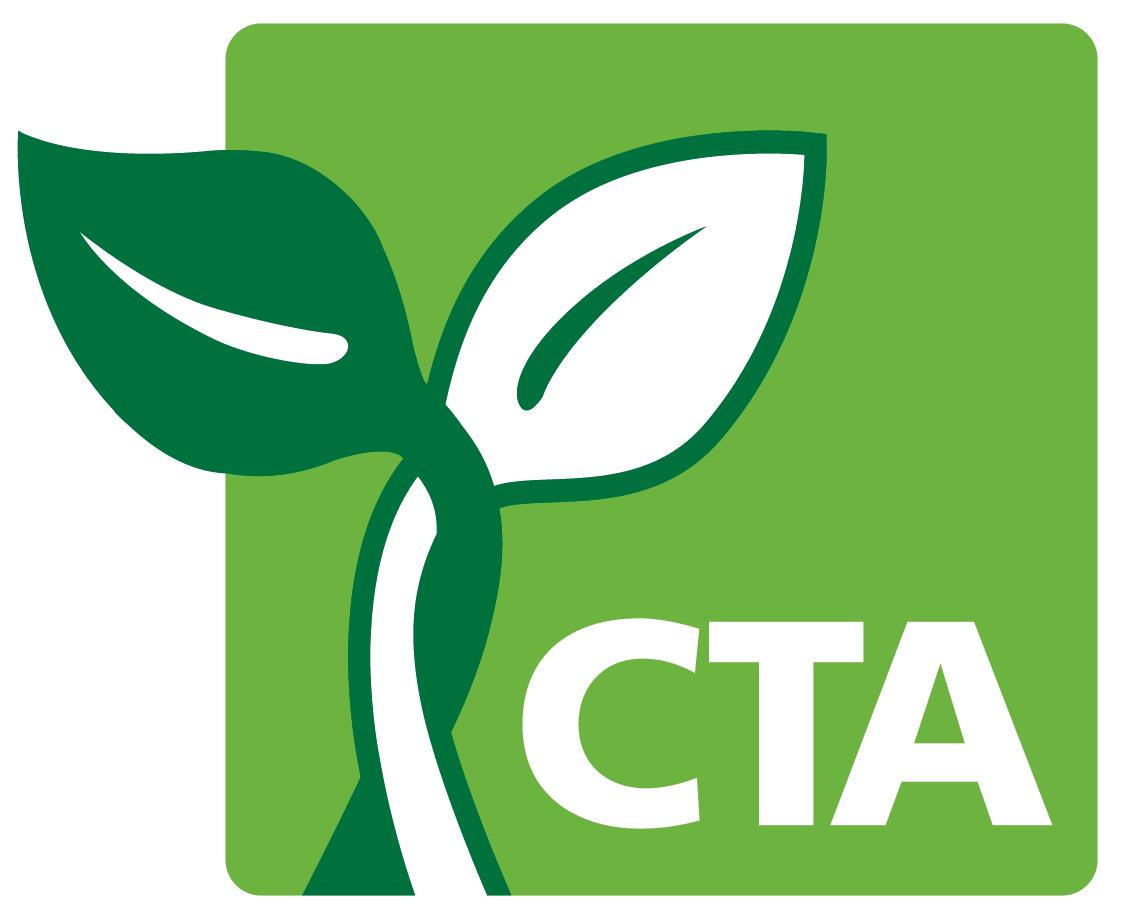Focal point
Location
The Technical Centre for Agricultural and Rural Cooperation (CTA) is an ACP-EU institution working in the field of information for development. We operate under the ACP-EU Cotonou Agreement and our headquarters are in The Netherlands. When it was set up, in 1984, CTA was given the challenging task of improving the flow of information among stakeholders in agricultural and rural development in African, Caribbean and Pacific (ACP) countries.
Our work focuses on three key areas:
- providing information products and services (e.g., publications, question-and-answer services and database services);
- promoting the integrated use of communication channels, old and new, to improve the flow of information (e.g., e-communities, web portals, seminars, and study visits);
- building ACP capacity in information and communication management (ICM), mainly through training and partnerships with ACP bodies.
At the core of all our activities are our partnerships with ACP national and regional bodies. We also work with a wide network of ACP-EU public and private sector bodies, as well as international organisations around the world.
Our overall aim – to better serve the ever-changing information needs of all stakeholders in ACP agricultural and rural development. Through our partners we are working with these stakeholders to achieve the goal shared by the whole development community – poverty alleviation and sustainable development.
Members:
Resources
Displaying 16 - 20 of 161Protéger et promouvoir le pastoralisme en Afrique
Le pastoralisme subvient aux besoins de dizaines de millions de personnes. Il utilise au mieux des environnements difficiles et offre de nombreux avantages économiques et sociaux. Lors du Briefing de Bruxelles sur le développement portant sur « Les nouveaux défis et opportunités pour le pastoralisme dans les pays ACP », les experts ont souligné les politiques à adopter en vue d'améliorer le bien-être des communautés pastorales dépendant de l'élevage de cheptel.
Protecting and promoting pastoralism in Africa
Pastoralism supports tens of millions of people, makes the best use of harsh environments and provides many economic and social benefits. At the Brussels Development Briefing on ‘New Challenges and Opportunities for Pastoralism in ACP Countries’, experts highlighted policies to improve the welfare of livestock herding communities.
Flux migratoires internationaux: principales données et tendances
La migration est un phénomène d’une ampleur considérable. La proportion de migrants dans la population des pays industrialisés a doublé au cours des trois dernières décennies et la somme des envois de fonds dans les pays en développement est supérieure à celle des investissements étrangers ou de l’aide internationale. Dans de nombreux pays en développement, le pourcentage de la population travaillant à l’étranger et le pourcentage du produit intérieur brut (PIB) représenté par les envois de fonds sont à deux chiffres.
International migration flows: key data and trends
Migration is a huge phenomenon. The share of migrants in industrial countries’ populations doubled over the past three decades, and remittances ? ows to developing countries are larger than foreign investment or overseas aid. In many developing countries the percentage of the population working abroad and the percentage of Global Domestic Product (GDP) represented by remittances run into double digits.




